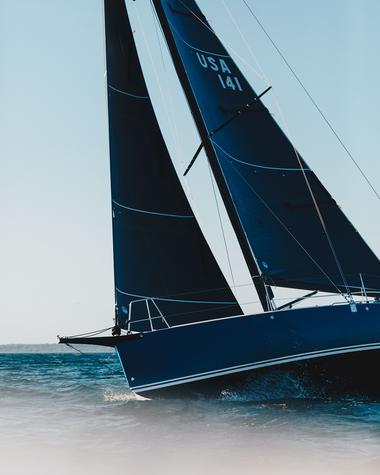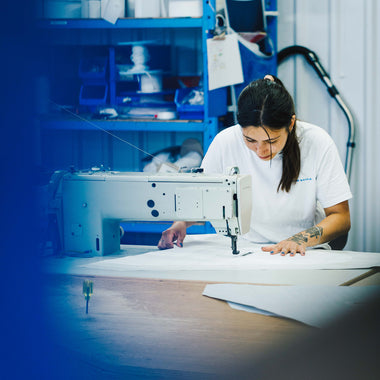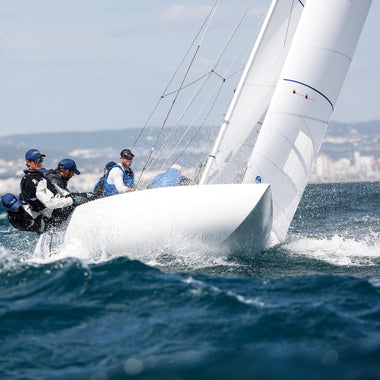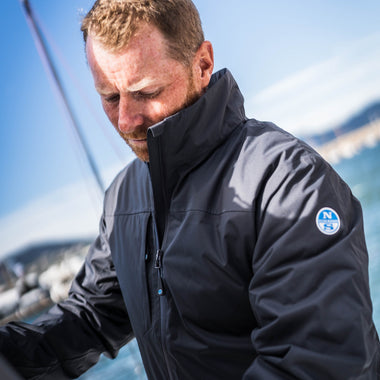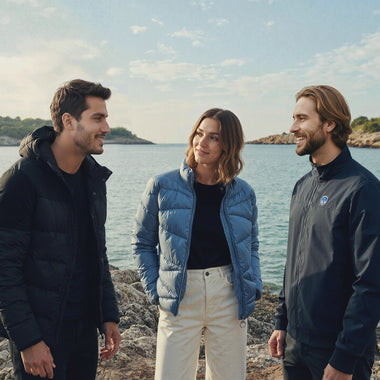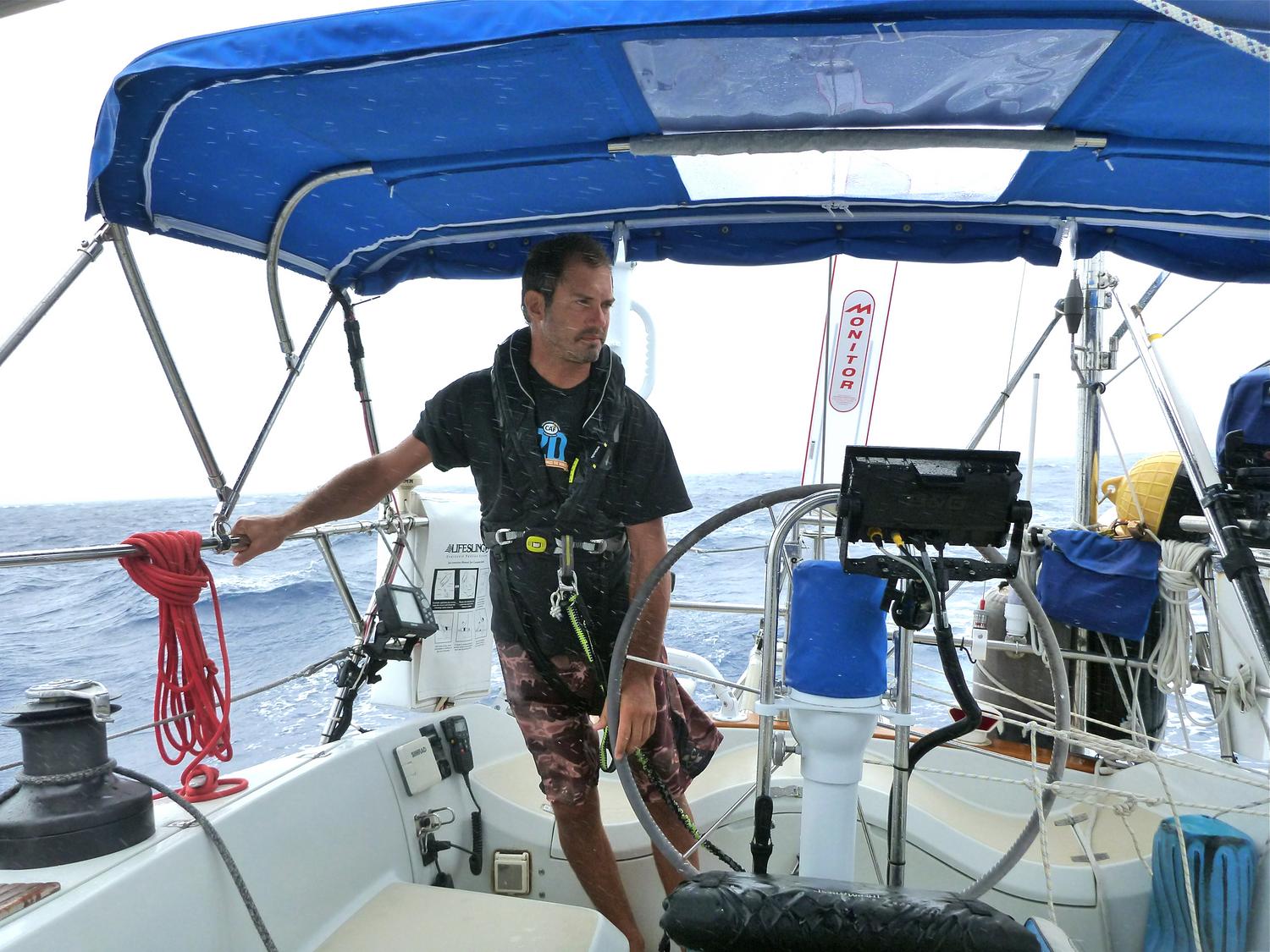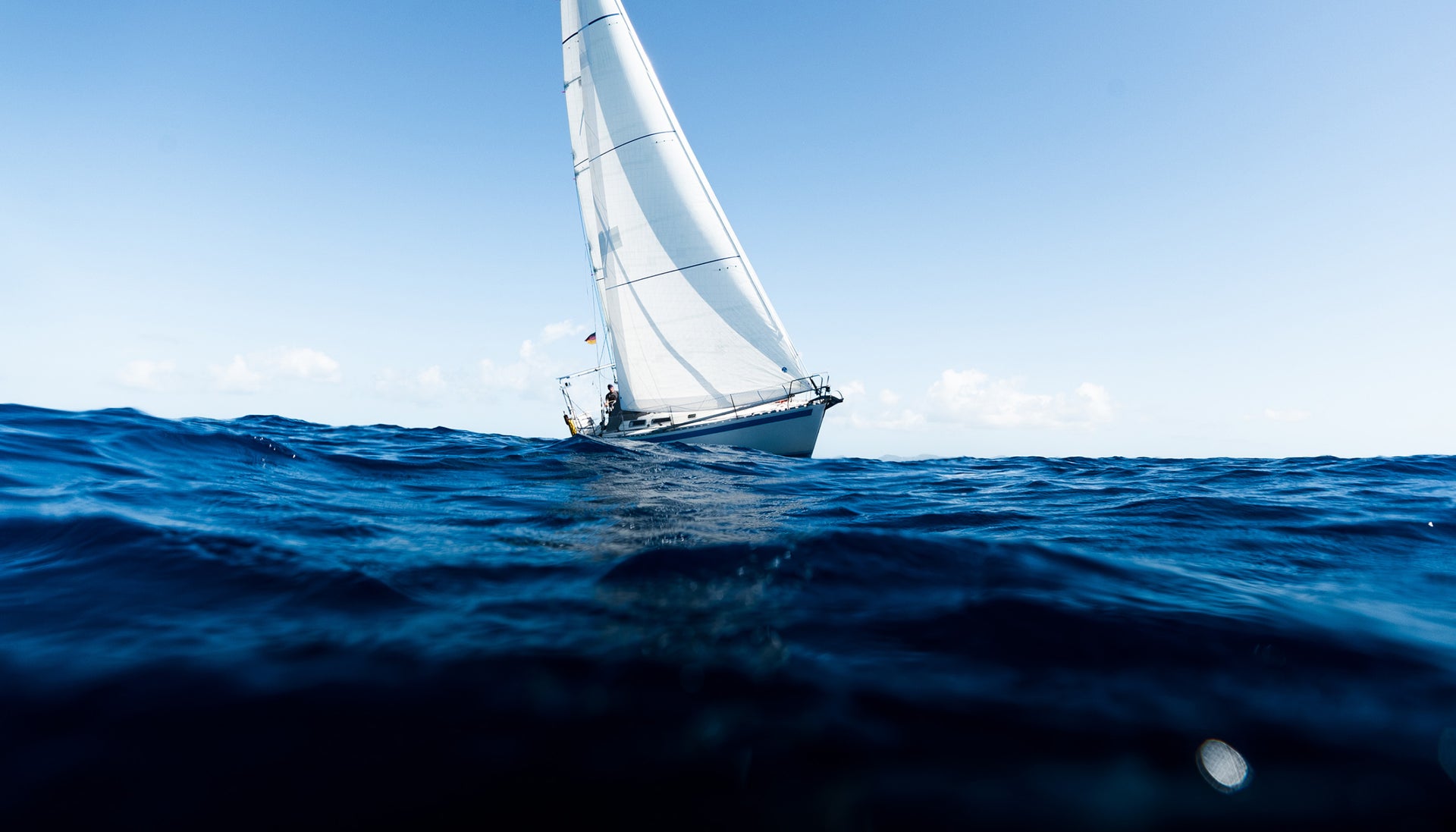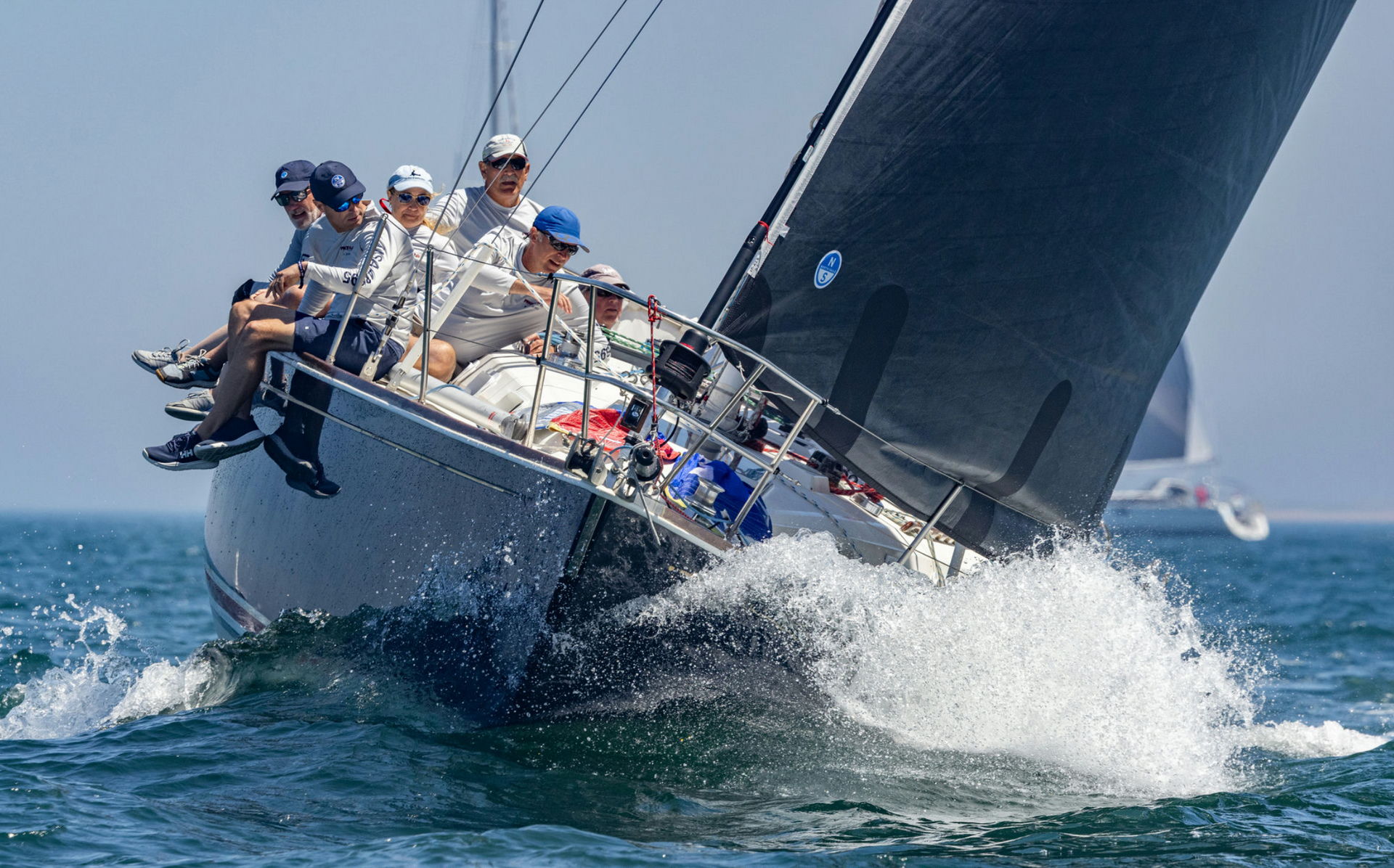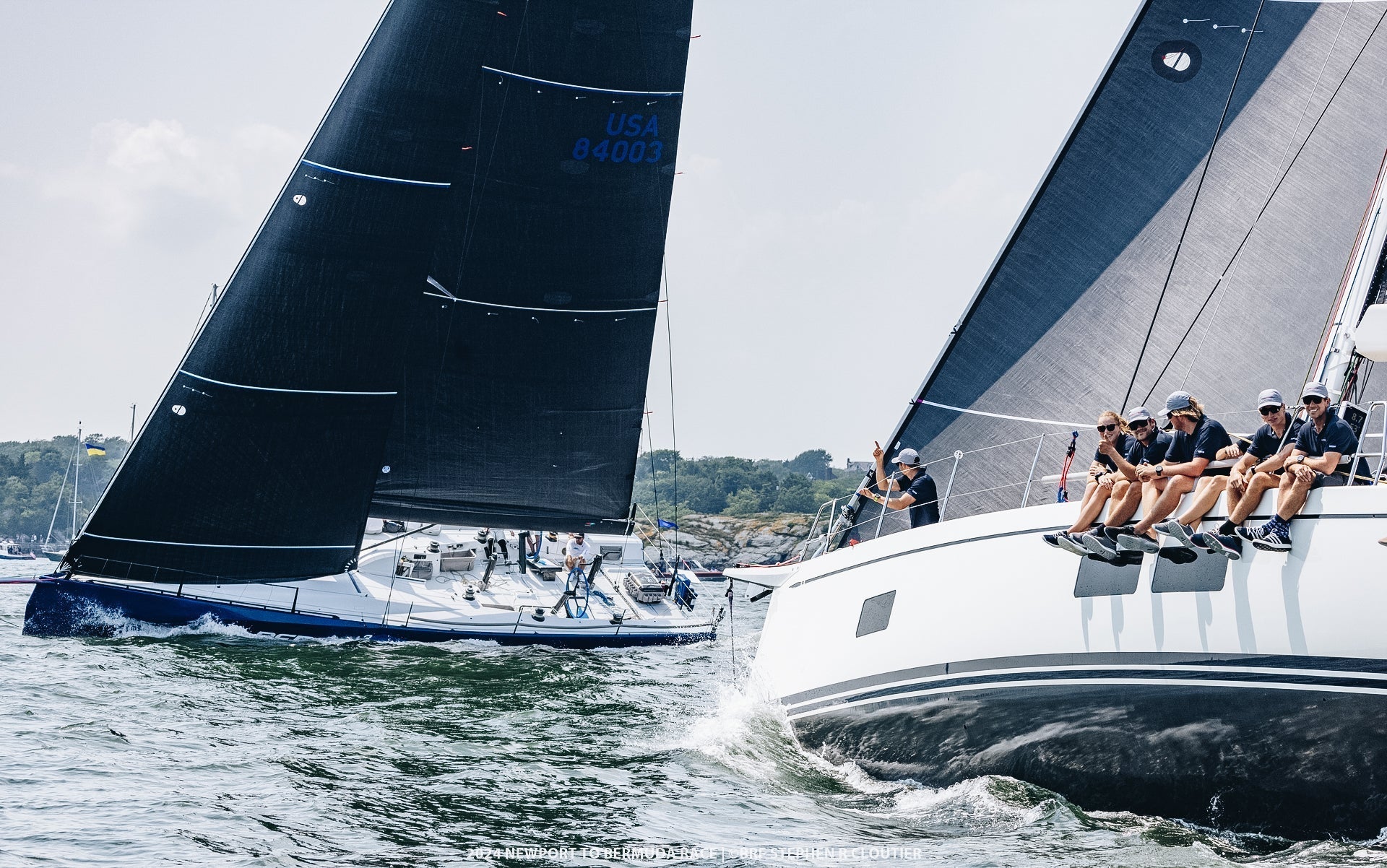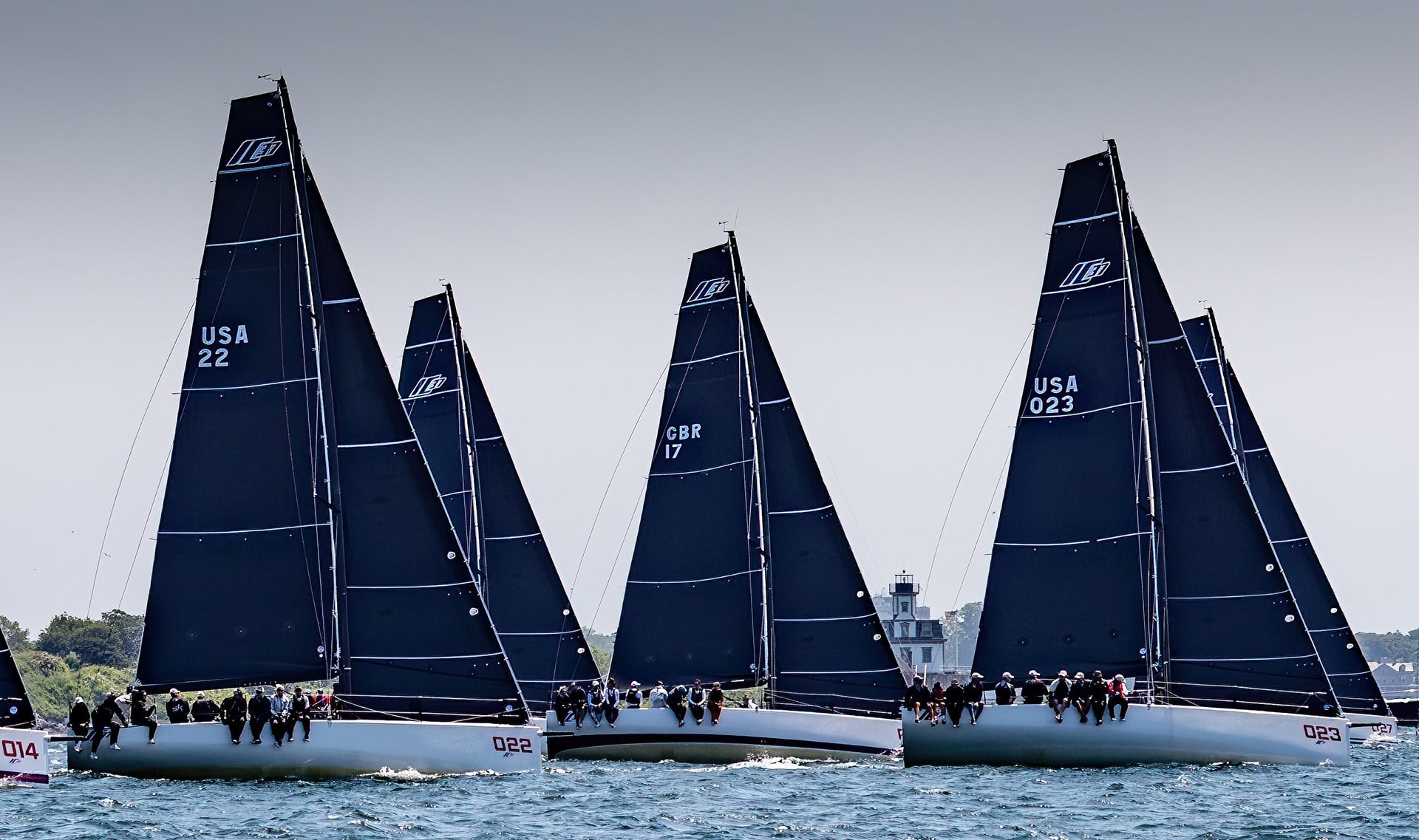TWO AFLOAT: THE JOURNEY TO FATU HIVA
TWO AFLOAT
The journey to Fatu Hiva

“Anyone who has been fully immersed in something difficult and consequential understands the mental shift and clarity such experiences can bring.”
Imagine a room in your home tilted to one side and rocking back and forth with the floor leaning at roughly the same angle as the hand on a clock between 1 and 2. Now imagine the room is also randomly being lifted up about five feet and dropped back down with a bone jarring thud. The room is heated to 87 degrees with nearly 100% humidity. Imagine the room is 30’ long by 12’ wide (with narrower ends) and has a bed, stove, and toilet. The room holds everything you own including your clothes, a few months worth of food, a 50-gallon tank of water, and a 60-gallon tank of diesel. Now imagine spending a week living in that constantly moving room with your spouse, taking turns sleeping every three hours, spending your awake time sitting on the roof in the tropical sun occasionally getting doused by waves of sea-water, all while trying to find a tiny island in the middle of a big ocean.
If you can imagine this then you have some idea what our last week was like, by far the most challenging passage we’ve faced yet.
During the 400-mile open ocean voyage we battled an endless series of violent squalls and shifting winds. It felt like the heavens were determined to beat us back, or at least make us earn any progress forward. Life boiled down to one simple fact- we would safely make it to our destination. Or not.
Falling overboard in conditions like that is the ultimate nightmare. One slip and we would find ourselves floating alone in the ocean, hundreds of miles from land, while we watch the boat sail away. To minimize this risk we wear body harnesses and attach webbing tethers to connect us to the boat like dogs leashed to a pole. Moving around on the tilting heaving wet deck involves regularly attaching and detaching the tethers to various connection points and safety ropes.
As the days pass the fatigue deepens. Running and navigating the boat, especially in such dynamic weather, can be difficult enough when we’re well rested. When we’re this tired it becomes an exercise in focus and in automatically executing tasks we’ve practiced many times in preparation for conditions like these. We learn to trust our training and experience while constantly learning from, and adapting to, the changing conditions.
It was a difficult week but it was one of the best weeks of our lives!
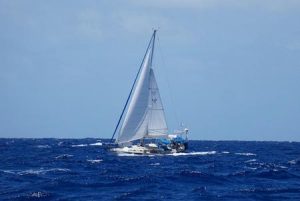
Anyone who has been fully immersed in something difficult and consequential understands the mental shift and clarity such experiences can bring. It is something that cannot be explained. Such experiences have a way of stripping away the mental clutter and pretentiousness of daily life, revealing what we’re like at our core. And that’s the scary part- finding out what we’re truly like compared to how we imagine ourselves to be. But if you’ve experienced this than you know what a gift that can be. It’s life unfiltered, wild, and raw.
Despite the discomforts of the passage we had everything we needed- shelter, food, water, and each other. Naoma is our home, she kept us safe, and we love her for that. Eventually we arrived at Fatu Hiva, a small, remote, painfully beautiful island at the southern end of the Marquesas island chain in the South Pacific. We’re now safely resting at anchor while the tropical sun dries our decks after yet another short intense rainfall, a common occurrence in these latitudes. The rain is welcome. It washes away the salt left behind from the passage and leaves Naoma shiny and clean as though nothing had happened. Our sails are neatly flaked and furled, white triangles ready to take us wherever we dare to explore, including the uncharted oceans within ourselves.
